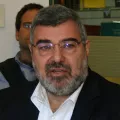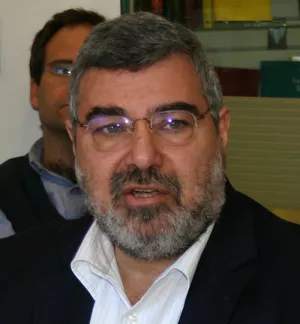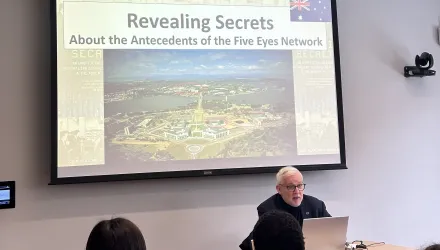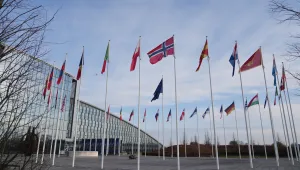The difference between the sensible and superficial approaches to tackling the scourge of terrorism and other forms of violent extremism by groups such as “Islamic State” (ISIS) was as clear as possible last week, in two efforts by the US government and the United Nations secretary general, Ban-Ki moon. For all those puzzled people around the world who ask what we must do to defeat ISIS and others like it, I suggest taking half an hour to read and really ponder the proposals offered by the UN secretary-general.
The main difference between the US and UN approaches is that the UN correctly focuses on addressing the underlying drivers of violent extremism and terrorism, while the US government tends to downplay or ignore those critical underlying causes, to focus more instead on a combination of military action and preventing recruitment of extremists via social media, effective tackling symptoms rather than causes of violence.
The American approach has been used for nearly the past quarter century in various forms with only limited success, because terror organizations and actions continue to expand widely. The UN approach is much more complex and challenging. It understands why violent extremism has spread so rapidly around the world, and attempts to craft an effective response to it that cuts out its core drivers at the roots, rather than just snipping off the buds that sprout at its extremities — and keep sprouting over and over again if the basic life-giving forces are not removed.
Ban-Ki moon was unusually frank in his comments to the UN General Assembly last Friday, when he said: “We all lose by responding to ruthless terror with mindless policy — policies that turn people against each another, alienate already marginalized groups, and play into the hands of the enemy. We need cool heads and common sense. We must never be ruled by fear — or provoked by those who strive to exploit it. Countering violent extremism should not be counter-productive.”
He did not specify whose “mindless” or “counter-productive policy” he meant, but I would guess that he was referring to the current prevalent but failed policies of the American, French, British, and all Arab governments that use hard police and military means and slightly delusional social media “counter-narrative” strategies to prevent the radicalization of young people and the spread of terrorism.
The much more demanding route to success acknowledges the use of legitimate military and police counter-terrorism means, but requires Western and Arab governments alike to revise many of their existing policies and practices, in order to cut off the flow of extremists at the roots. Simply stated, this is because the impact of current domestic and foreign policies by so many governments across our region and abroad create the conditions that denigrate, humiliate and ultimately dehumanize millions of individuals, some of whom respond by turning to violent extremism, radical politics, and terrorism.
Ban-Ki moon offered 70 specific recommendations for action at the national, regional and global levels, which he summarized under five broad headings. I hope that governments across the world swallow some humility pills, take the time to study this plan, and consider how the most important policy they could adopt to reduce terrorism would be to put in practice many of the key recommendations in the UN plan of action. The five categories of action are:
1 Prevention, which requires improving underlying conditions at the domestic level so that individuals do not reach a state of humiliation and desperation that drives them to terror. The secretary-general made the important point that, “We know that extremism flourishes when human rights are violated, political space is shrunk, aspirations for inclusion are ignored, and too many people — especially young people — lack prospects and meaning in their lives.”
2 Principled leadership and effective institutions. “Poisonous ideologies do not emerge from thin air,” Ban-Ki moon noted, adding that, “oppression, corruption and injustice are greenhouses for resentment.” The antidote is for leaders “to build inclusive institutions that are truly accountable to people.”
3 Preventing extremism by promoting human rights. “All too often,” he noted, capturing succinctly the norms of most Arab states and some foreign ones also, “Sweeping definitions of terrorism or violent extremism are often used to criminalize the legitimate actions of opposition groups, civil society organizations and human rights defenders. Governments should not use these types of sweeping definitions as a pretext to attack or silence one’s critics.”
4 An “all of government” approach that breaks down “the silos between the peace and security, sustainable development, human rights and humanitarian actors at the national, regional and global levels—including at the United Nations.”
5 UN engagement, which includes actions by the UN itself while also promoting coordination with and support for national plans of action that address the many inter-linked dimensions of the violent extremism and terrorism threats.
Khouri, Rami. “Finally, a sensible — but difficult — path to reducing terrorism.” Agence Global, January 20, 2016





